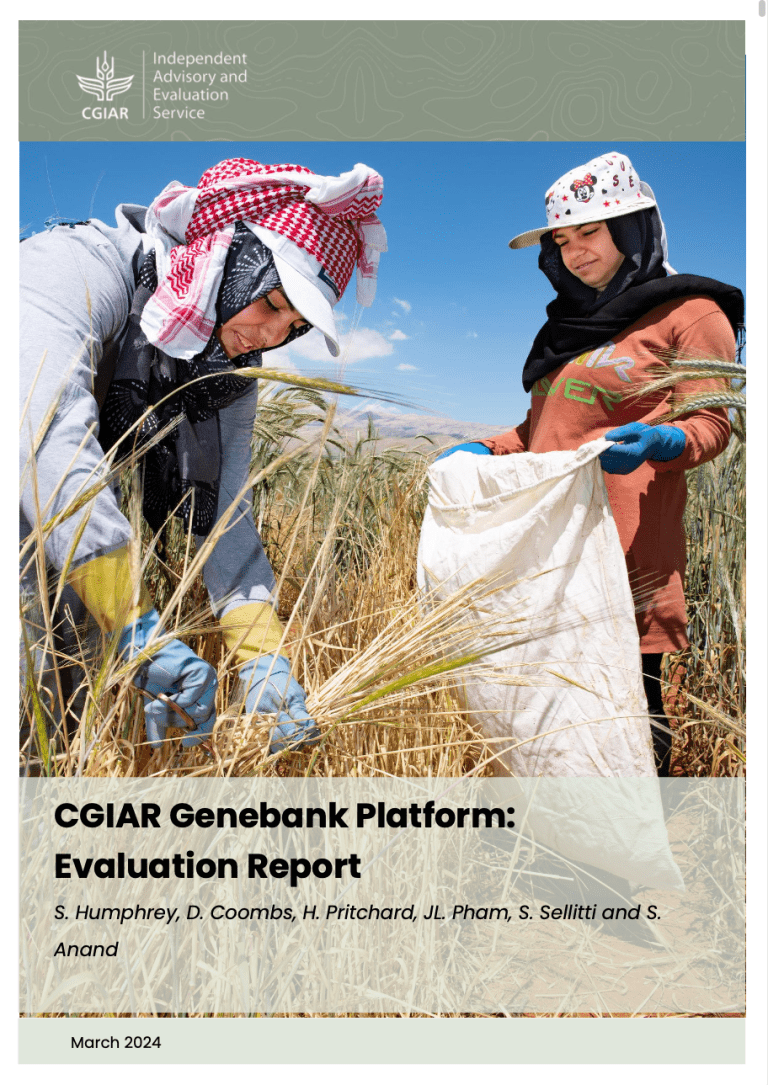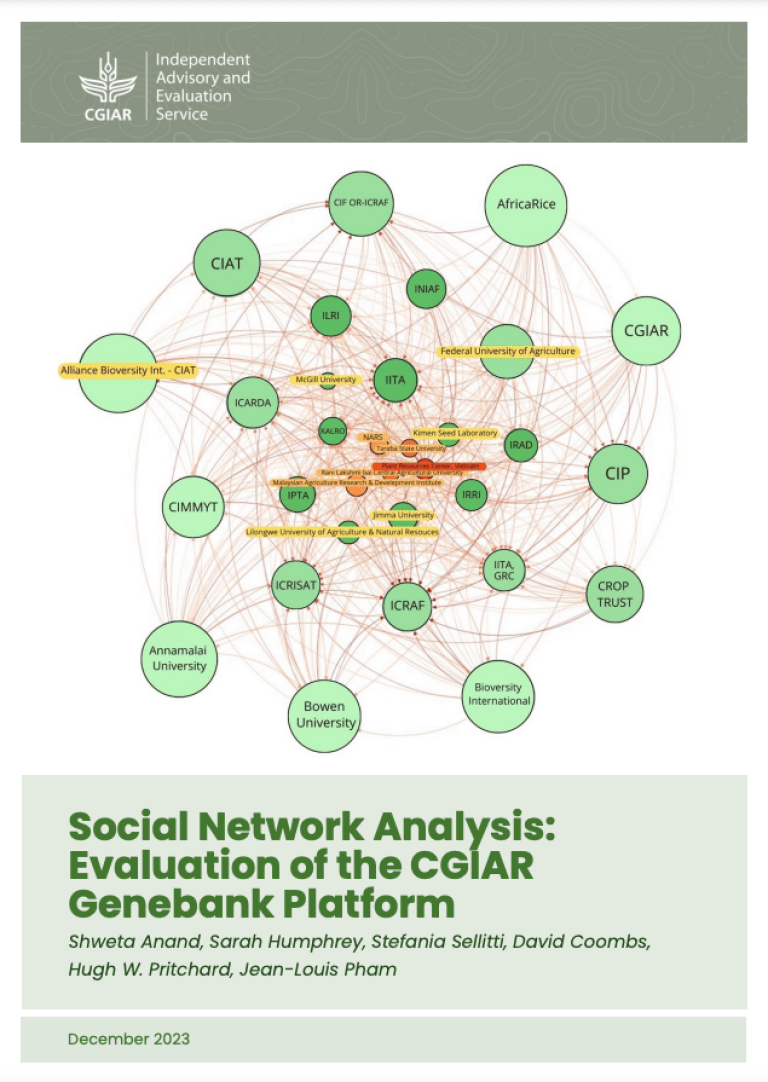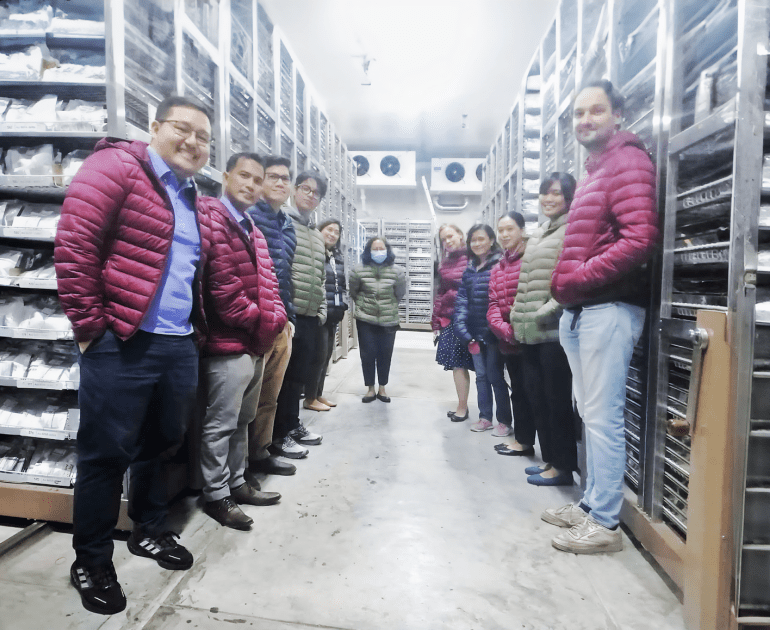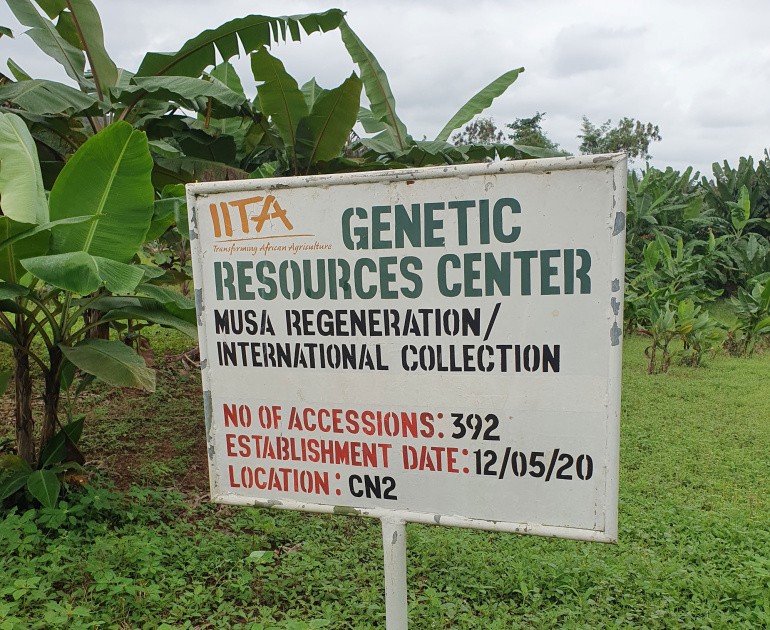Abstract
Context and Objectives
Advisory study on the PRMS is a collaborative initiative between CGIAR’s Internal Audit Function and Evaluation function under the Independent Advisory and Evaluation Service (IAES), (see TORs, SC16 Background Resource).
Commencing in May 2022, the joint PRMS Advisory study sought to provide harmonized advice and recommendations for the re-design and implementation of CGIAR’s Performance and Results Management System (PRMS). Aligned with CGIAR's governance framework, the study aimed to independently identify and highlight inherent and emerging risks at each phase of the project on PRMS re-design. The PRMS study design built on lessons from the independent evaluations and studies, including: Independent evaluative reviews of 12 CGIAR Research Programs[1] (2020), Independent Evaluation of CGIAR Platform for Big Data in Agriculture (2021), and Technical Notes on the Use of Bibliometrics Towards Evaluating the Quality of Science (2021).[2]
The two-phased study approach coupled project risk analysis and formative evaluation in alignment with CGIAR-wide Evaluation Framework standards. The Study addressed two core principles in the CGIAR Evaluation Framework: EVALUABILITY and MEASURABILITY (see Figure 1).

Towards addressing the PRMS study focus areas (Figure 2) the selected approach enabled responsiveness to shift in project management structures and the evolving PRMS redesign timelines. Evidence was gathered from primary and secondary sources to assess risks, draw conclusions and deliver recommendations rooted in evidence. Driven by the commitment to delivering valuable insights and recommendations, this dynamic methodology helped navigate the evolving landscape of the PRMS project.
Figure 2: PRMS study focus areas (original TOR, for scope control, Annex A2)

In response to the 10 recommendations from the interim report by the joint PRMS study team, the PRMS core team supplied a detailed and formal Management Response (MR). In alignment with the TOR, the PRMS study team ensured that actual and potential risks were identified and implementation of related recommendations was monitored, highlighting accountability to internal and external stakeholder’s expectations. Three one-hour check-in meetings over four months occurred to monitor the MR’s implementation, as set out in the revised TOR (Annex).
The comprehensive report presents and narrates the high-level status of 10 interim report recommendations from the MR. The report highlights opportunities for further improvement, which include clarifying PRMS' scope and architecture, strengthening governance mechanisms, incorporating user feedback systematically, enhancing technological capabilities and conducting a comprehensive third-party peer review. Embracing these opportunities is crucial to maximizing PRMS' effectiveness and ensuring its contributions to CGIAR's continued success.
The length and depth of engagement under the original TOR, integrated deep engagement with selected members of the Monitoring, Evaluation, and Learning (MEL) community of practice. While it enriched the content of the advisory engagement, it allowed the evaluation function to continue building alliances/relationships in the One CGIAR transition.
Study Highlights – Building Blocks
Links and Graphs
- Functional Excellence: (e.g., how PRMS Reporting set new standards)
- Innovative Capacity Building: (e.g., how the study equips teams for success)
- Agile Project Management: (e.g., The approach for efficient project development)
- MEL Community: (e.g., Monitoring, Evaluation, and Learning (MEL) etc.)
Related Links and Resources
[1] Blog: https://cas.cgiar.org/evaluation/news/reflection-crp-2020-review-time-harmonize-data-and-definitions
[2] IAES, formerly CGIAR Advisory Services (CAS, ScienceMetrix, 2021)
Citation
CGIAR Independent Advisory and Evaluation Service (IAES). (2023). Advisory Report: Study on the Performance Results Management System (PRMS) Project Management Approaches and Fit-for-Purpose Information Products. Rome: IAES Evaluation Function. https://iaes.cgiar.org/





